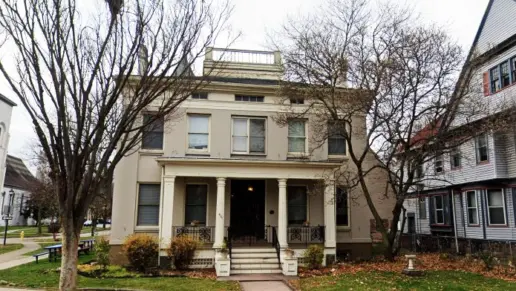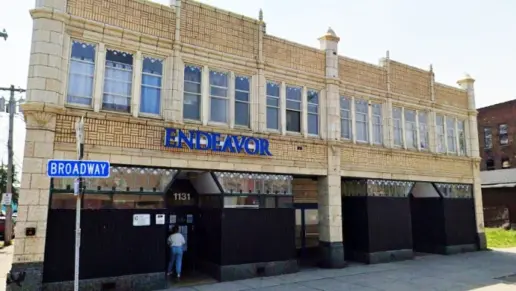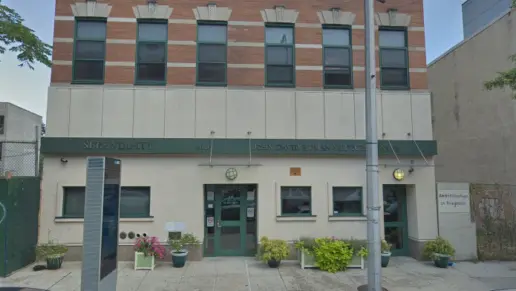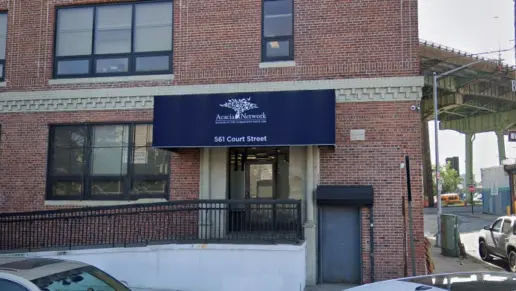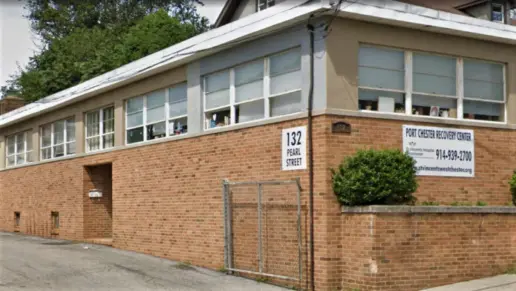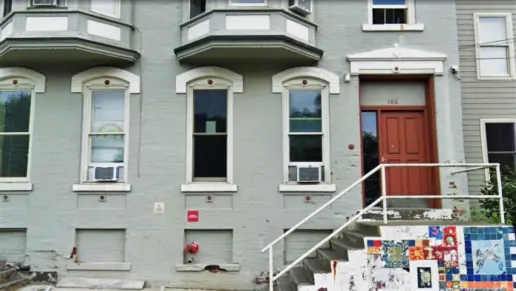Valley Spring connected my love one with the best sober living option in NYC! It wasn't an easy road..far from it. I am happy that Valley Spring is able to help individuals and families struggling from the disease of addiction! Their services are much needed and I can't say ...
About Valley Spring – Closed
Valley Spring Recovery Center was located in the heart of Manhattan, New York. It’s now permanently closed. They catered specifically to professionals and working parents with day treatment and evening programs tailored to accommodate busy schedules.
Comprehensive Care for Professionals
The program’s intensive sessions included weekly group and individual counseling. They provided community housing with around the clock support and transportation services.
They took an integrated approach to healing, utilizing cognitive behavioral therapy (CBT), dialectical behavior therapy (DBT) and medication assisted treatment (MAT). They incorporated life skills training, relapse prevention strategies and telehealth services for residents of New York and New Jersey.
High Long Term Success Rates
Reviews of the facility were generally positive, with patients praising the center for its compassionate, supportive staff and the personalized care they received. Many reviewers highlighted the success of the treatment’s programming, resulting in long term recovery.
Dr. Michael Olla, their former medical director, touted the center’s commitment to comprehensive healing and evidence-based practices designed to maintain the highest standards of patient care.
The center accepted most major insurance providers. They also offered help in verifying insurance coverage and determining the extent of benefits.
Prime Manhattan Location
The location of the facility stood out to me, offering a private environment to individuals in treatment. Situated in a metropolitan area, the center provided easy access to a multitude of amenities. The center was in close proximity to many parks and cultural landmarks that were conducive to healing, and ideal for integration into outpatient recovery programs. Nearby attractions included Bryant Park, the New York Public Library and the Empire State Building.
Latest Reviews
Rehab Score
Other Forms of Payment
Self-pay involves paying for treatment out of your own pocket. You can use savings or credit, get a personal loan, or receive help from family and friends to fund your treatment. If you don't have insurance or your insurance plan doesn't cover a specific program, self-pay can help ensure you still get the care you need.
Addiction Treatments
Levels of Care
 Outpatient
Outpatient
 Inpatient
Inpatient
 Intervention Services
Intervention Services
 Sober Living Homes
Sober Living Homes
 Aftercare Support
Aftercare Support
 12-Step
12-Step
Treatments
The goal of treatment for alcoholism is abstinence. Those with poor social support, poor motivation, or psychiatric disorders tend to relapse within a few years of treatment. For these people, success is measured by longer periods of abstinence, reduced use of alcohol, better health, and improved social functioning. Recovery and Maintenance are usually based on 12 step programs and AA meetings.
When you choose drug rehab in New York, you'll participate in a variety of treatments that are designed to help you live a drug-free lifestyle. Common methods of treatment include group, individual, and family counseling, medication management, nutrition, exercise, and management of co-occurring mental health disorders.
Opioid rehabs specialize in supporting those recovering from opioid addiction. They treat those suffering from addiction to illegal opioids like heroin, as well as prescription drugs like oxycodone. These centers typically combine both physical as well as mental and emotional support to help stop addiction. Physical support often includes medical detox and subsequent medical support (including medication), and mental support includes in-depth therapy to address the underlying causes of addiction.
Substance rehabs focus on helping individuals recover from substance abuse, including alcohol and drug addiction (both illegal and prescription drugs). They often include the opportunity to engage in both individual as well as group therapy.
Programs

Adult Program
Clinical Services
Creativity is inherently healing, and can help those in recovery express thoughts or feelings they might not otherwise be able to. Creative arts therapy can include music, poetry/writing, painting, sculpting, dance, theater, sandplay, and more. Unlike traditional art, the final product matters far less than the experience of creation and expression itself.
Group therapy is any therapeutic work that happens in a group (not one-on-one). There are a number of different group therapy modalities, including support groups, experiential therapy, psycho-education, and more. Group therapy involves treatment as well as processing interaction between group members.
In individual therapy, a patient meets one-on-one with a trained psychologist or counselor. Therapy is a pivotal part of effective substance abuse treatment, as it often covers root causes of addiction, including challenges faced by the patient in their social, family, and work/school life.
Life skills trainings involve all the skills a person must have in order to function successfully in the world. These include time management, career guidance, money management, and effective communication. Truly successful addiction recovery is based on the ability to not only live substance-free, but to thrive. Life skills teaches the practical necessities of functioning in society, which sets clients up for success in life, and therefore sobriety.
Nutrition therapy, aka medical nutrition therapy (MNT), is a way of treating physical, emotional, and medical conditions through diet. Specific dietary plans are designed by professional nutritionists or registered dietitians, and patients follow them in order to positively affect their physical and mental health.
Amenities
-
Private Setting
-
Yoga Studio
-
Wifi
-
Private Transportation
-
Private Rooms
-
Hiking
-
Gym
